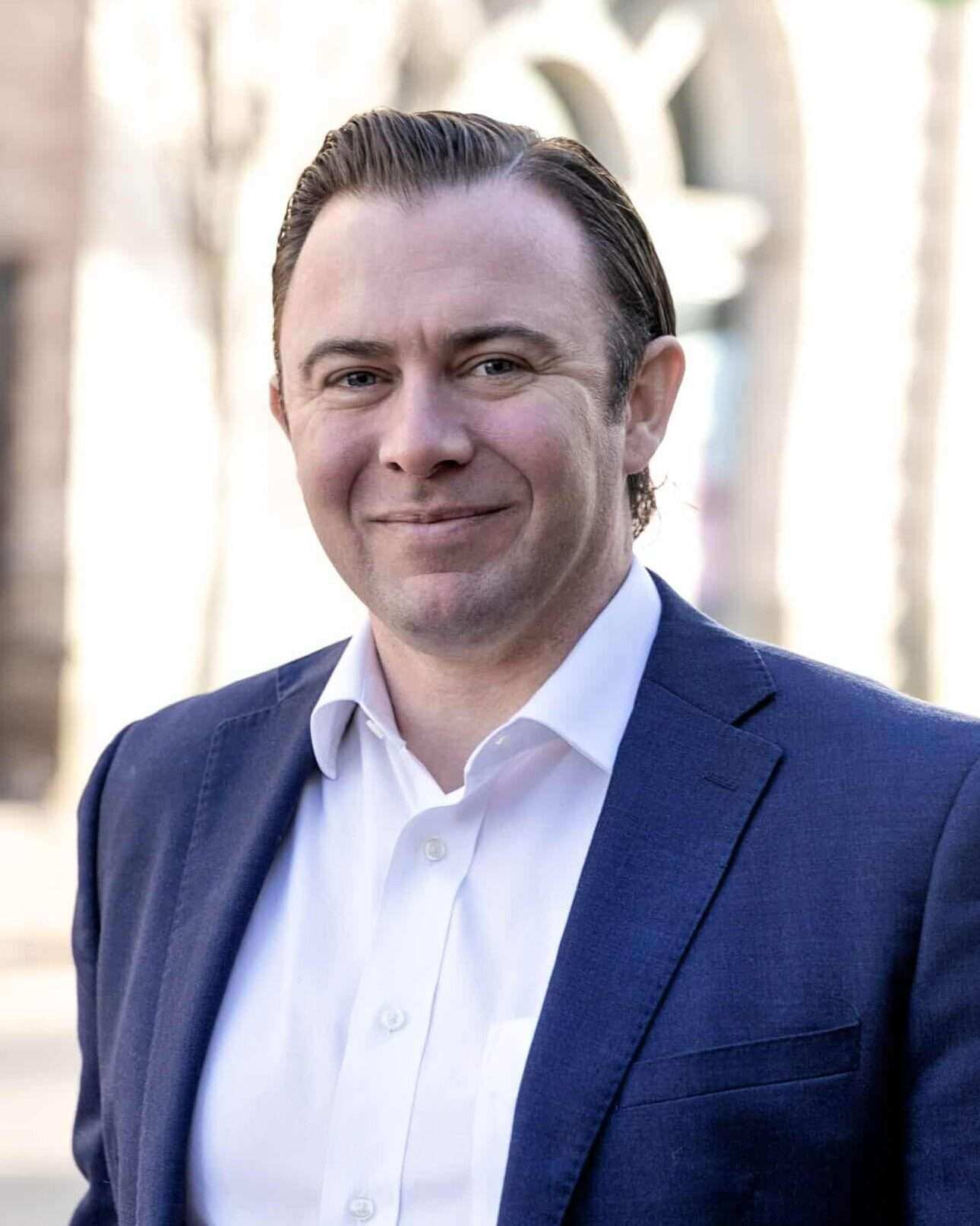David Blain, CFA is CEO and Founder of BlueSky Wealth Advisors, and author of “Invest in Your Life, Not Just your Portfolio.”
Good financial advice should be available to everyone. Yet traditional fee structures of financial firms can be complex and exclusive. Many times, it results in shunning people with small investable accounts who would greatly benefit from professional advice.
I like to compare financial advice to ordering a steak at a restaurant. Your steak costs the same whether you make $20,000 or $20 million. However, just as you wouldn’t pay filet mignon prices for a hanger steak, the same goes for good advice—you get what you pay for.
Recently, Schwab announced the launch of its monthly subscription model for its Intelligent Portfolios Premium. After an initial fee, Schwab’s services cost $30 a month. This is in response to the growing belief that, although investment management is becoming more commoditized, financial planning combined with investing can bring a far greater value than typical returns from stock market investing.
At first glance, this type of service model may seem like a decent deal. And in truth, it can be a good option for the mass affluent investors whose financial lives are relatively simple. Yet there’s an unforeseen issue with this type of subscription service. It involves investors such as small business owners, high-earning medical professionals, and entrepreneurs who have more complex needs and may not be saving as much as expected.
If you’re considering adopting this service model, what factors should you think about?
Let’s look at the bandwidth available and compare it to the scale of services being offered. For example, at my firm BlueSky Wealth Advisors, we have nine advisors for just under 300 clients. Schwab’s website claims to have more than 10 million active clients, yet the firm is offering unlimited access and advice with only 35 advisors.
Do the math. As a client, you will most likely be referred to your qualified tax advisor or estate attorney on any issues regarding tax planning or estate planning. This leaves designing a comprehensive plan up to you to structure and execute.
As you dig deeper into the qualifications of these services, you will uncover certain investment stipulations. For example, the minimum cash balance required at Schwab is 6 percent all the time. If you have been investing wisely and have accumulated substantial investable assets, there may be a considerable amount of money being shifted around within your portfolio to qualify for this subscription model.
As the CEO of a fee-only firm with a flat-fee structure, I am glad to see Schwab offer a friendly fee model for those who do require little financial planning and investment management. In fact, its flat-fee service model is making waves throughout the industry.
However, increasingly more investors are becoming aware of a greater return on their investment when the fee is based on a multitude of services provided by a fiduciary who has the expertise to make the most out of your human capital. Know what you are paying for!
To learn more about how your human capital can create the life you desire, read Invest in Your Life, Not Just Your Portfolio by BlueSky Founder and CEO, David Blain CFA, available on amazon.com.
